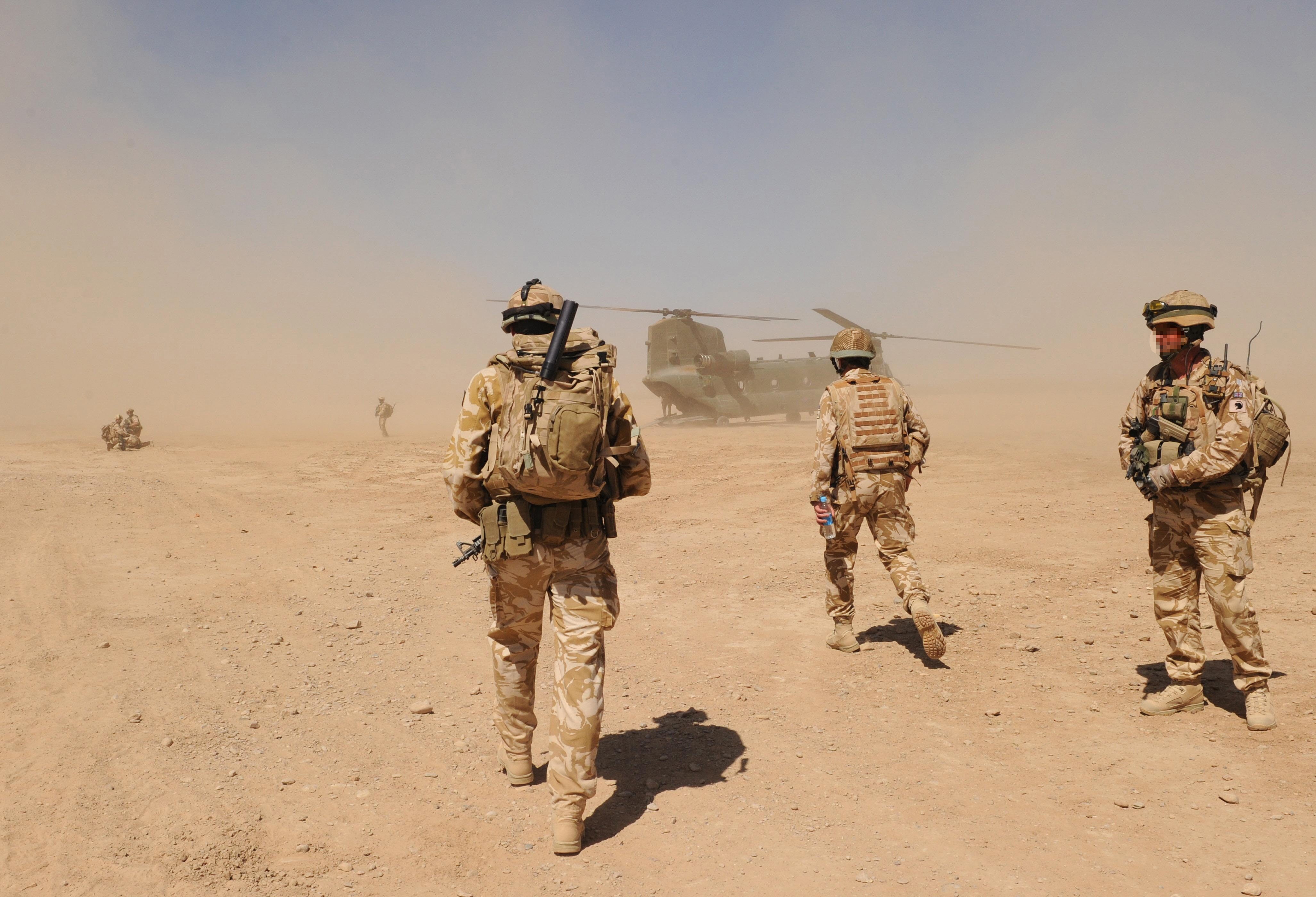A terrible injustice: Why our government owes Afghan war heroes a great debt
Betraying these loyal soldiers who sacrificed so much for us by denying them sanctuary would leave a serious stain on Britain’s reputation, writes Tim Willasey-Wilsey

In 1989, British newspaper readers were alternately fascinated and horrified by a libel case involving the author Count Nikolai Tolstoy and the former British soldier Lord Aldington. Tolstoy had alleged that Britain had been complicit in sending 70,000 Cossacks to their deaths at the hands of NKVD execution squads in the Soviet Union.
His book, Victims of Yalta, published in 1977, became a bestseller. At the end of the Second World War, the Cossacks found themselves as prisoners of war, held by British troops in Austria having fought for the Germans (not because of any Nazi sympathies, but because of their hatred of Joseph Stalin and his treatment of Ukraine in the 1930s).
It was not the most glorious moment in British history, but some context is required. In 1945, there was not much sympathy in Britain for anyone who had fought for the Nazis, especially as the details of the extermination camps began to emerge. Furthermore, the Soviets had been our allies and 70,000 was a lot of mouths to feed in post-war Europe when rationing would continue in Britain until 1954. British officers and ministers must have calculated that forced repatriation would involve hardship and punishment, but not death.
So how does all this relate to Britain’s refusal to grant asylum under the Afghan Relocations and Assistance Policy (ARAP) to the members of two special forces units which the UK set up in Afghanistan?
CF333, one of the “Triples”, was created at the Foreign Office’s request in 2002 as a counternarcotics unit, and ATF444 was established later by the Ministry of Defence for counterinsurgency and counterterrorism. Both units served with distinction, and 333 even covered the British exit from Kabul. It was the last Afghan unit to lay down its weapons, and only after President Ghani’s ignominious flight from the capital.
About 400 were brought to the UK in August 2021 but most of the others have subsequently had their ARAP applications refused. Some 200 of these are in Pakistan, and face forced repatriation to Afghanistan where they too face dire consequences. At least three – and probably seven – members of 333 have already been murdered by the Taliban.
Questioned in the House of Commons, armed forces minister James Heappey produced three reasons for refusing applications under the ARAP process. All three are incorrect.
He said that there was no means of identifying those who had genuinely served from fraudulent claimants. This is wrong. There are both records and people (UK and Afghan) who can validate applications.
Secondly, he alleged that the UK could not take hundreds of thousands of former Afghan National Army soldiers. This has never been the question. There were 350 men and women in 333; 444 was about the same size.
Thirdly, he claimed that 333 and 444 reported to the Afghan interior ministry, and did not therefore fight alongside UK forces. This is disingenuous. At the time it was thought important that both units felt they were part of the new Afghan state even though they were umbilically linked to the UK.
The Cossack episode was one of those awful moral dilemmas which governments occasionally have to confront. Probably the same decision would have been taken in the same circumstances nine times out of 10.
The Afghan case is not even a dilemma. Neither 333 nor 444 fought for the Taliban. They were created, trained, armed, funded, and mentored by the UK. They fought with UK forces and for UK and Afghan interests, and many died in the process. This betrayal of their loyalty and sacrifice (unless very quickly remedied in the next few days) will leave a serious stain on Britain’s reputation. Who will ever trust Britain again?
Tim Willasey-Wilsey is visiting professor at King’s College, London and a former senior British diplomat
Join our commenting forum
Join thought-provoking conversations, follow other Independent readers and see their replies
Comments
Bookmark popover
Removed from bookmarks